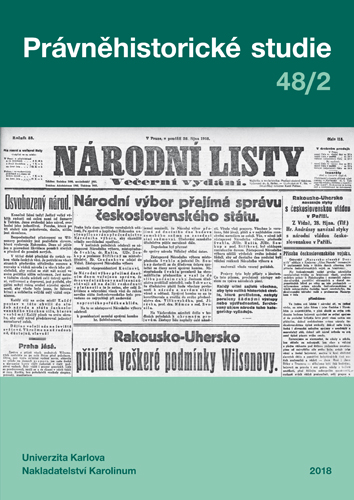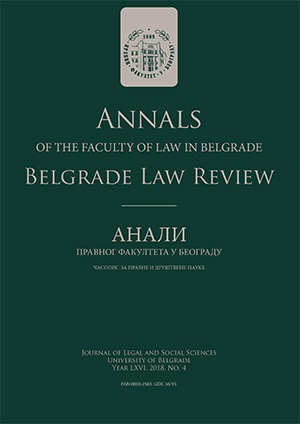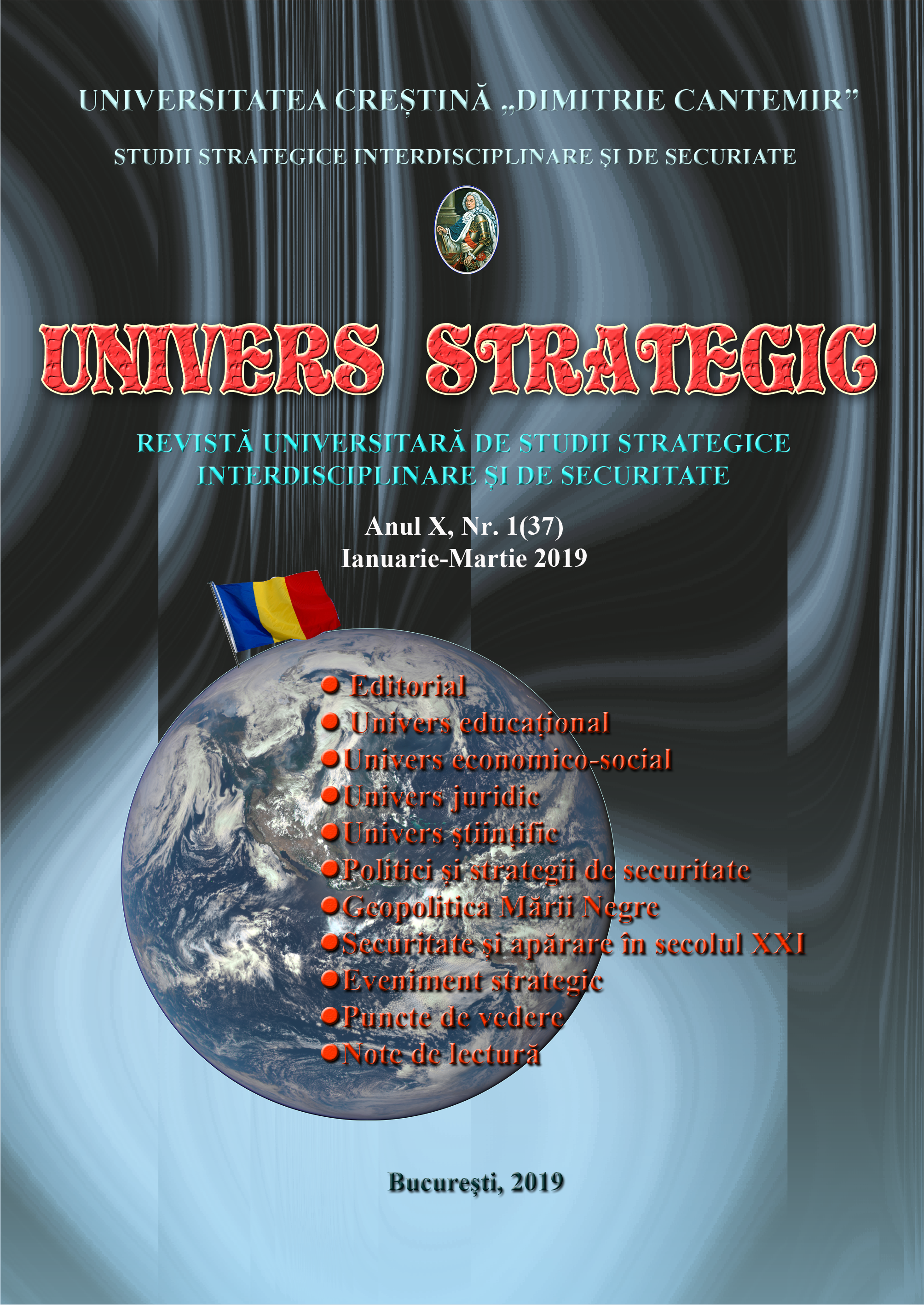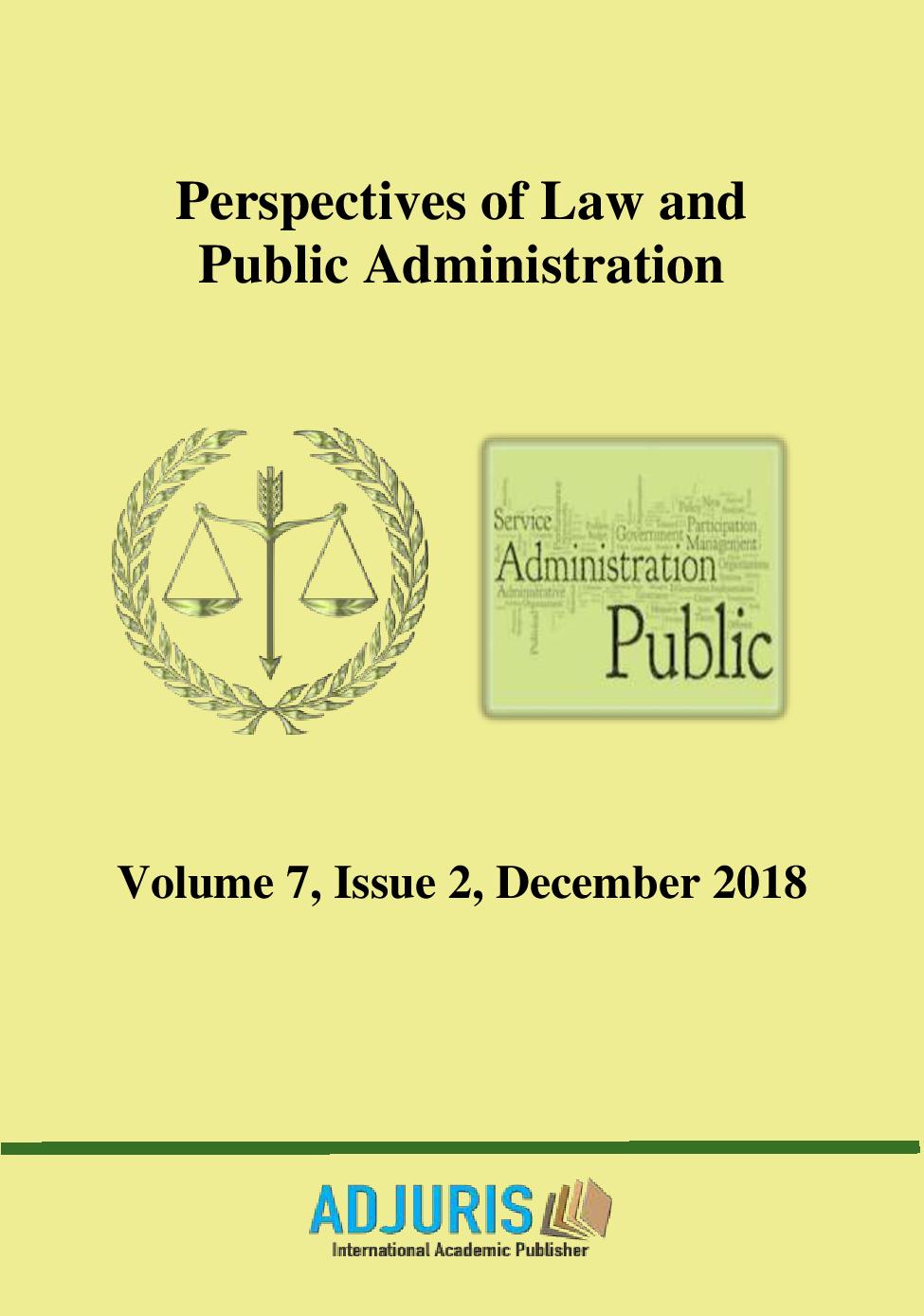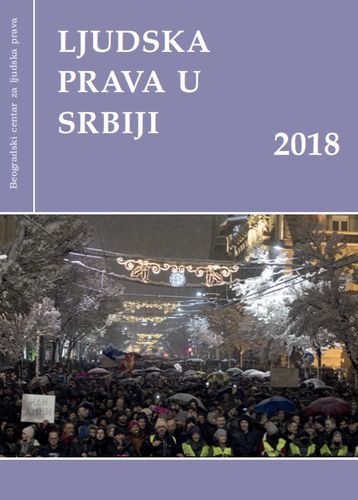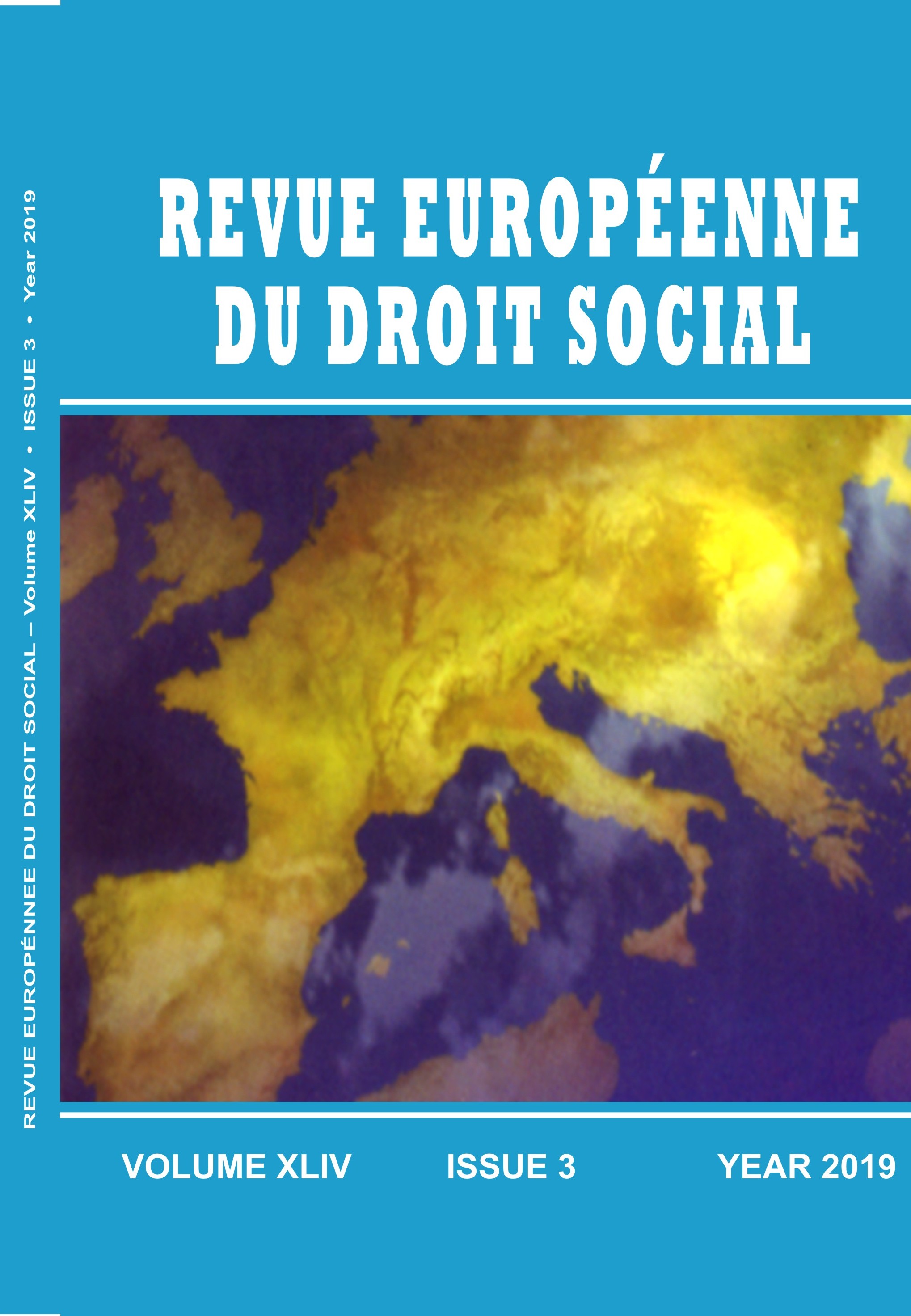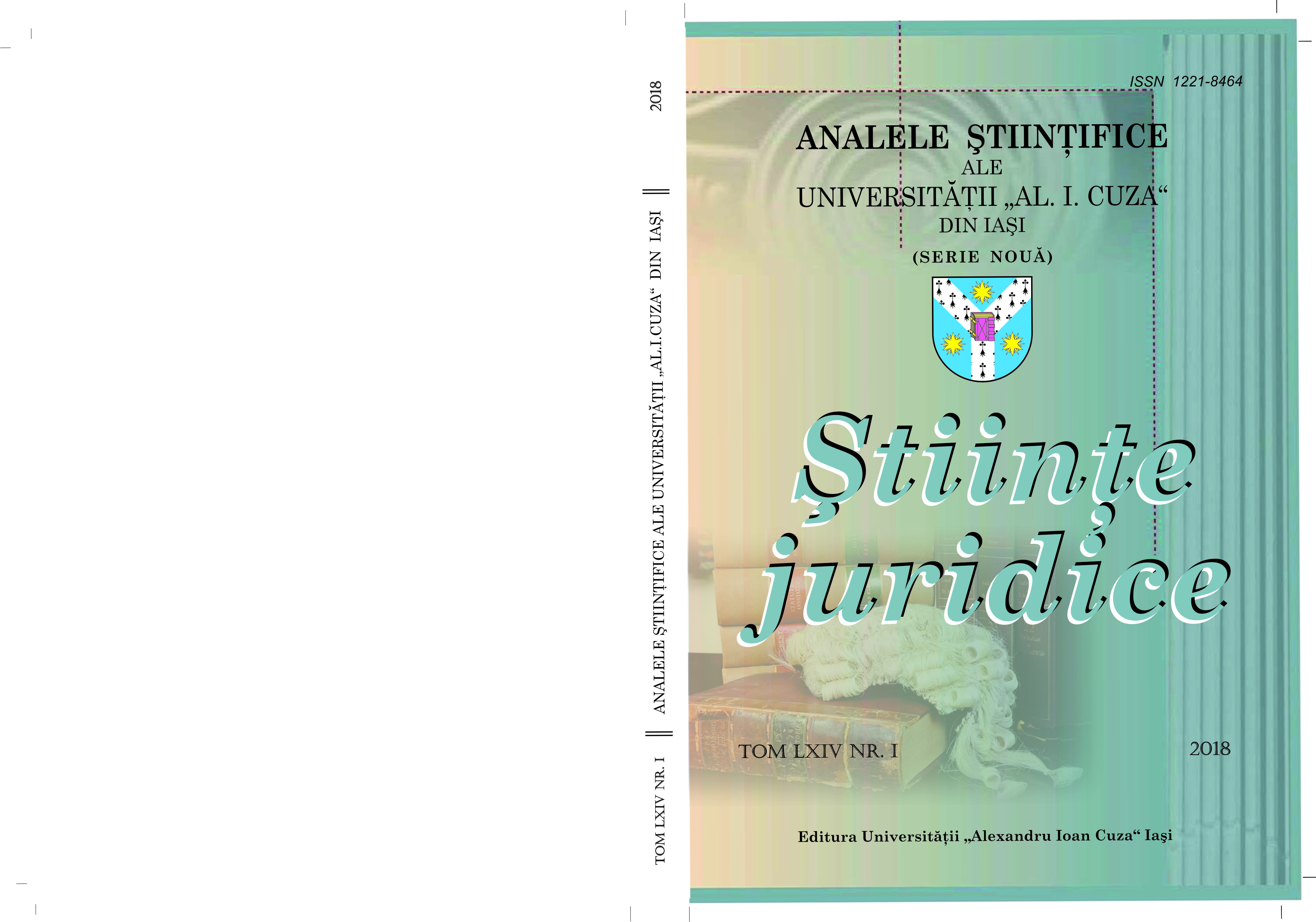
Ascensiunea roboților, o cutie a Pandorei?
The science of robotics carries in itself the promise (or threat) of a new civilization. However, the notion implies a complex reality and defining the term “robot” may prove to be a rather delicate operation, a Pandora’s box. Androids, drones, vacuum cleaners, intelligent refrigerators and cars, all constitute an extremely different robotic reality which can be differentiated by means of their nature, autonomy, scope of application and, especially, the type of relationship they are likely to have with the man. Robotics constitutes an economic lever capable of profoundly modifying the existing legal model. This article attempts to address some of the areas of law that may be affected, with increased attention to intellectual property, the protection of copyright on works of art produced by creative robots, the differences between assistant-robots and autonomous-robots and the copyright holders for robot creations.
More...
